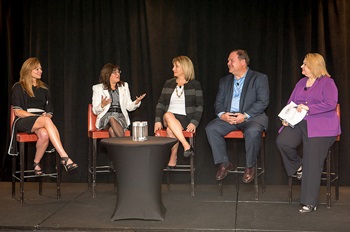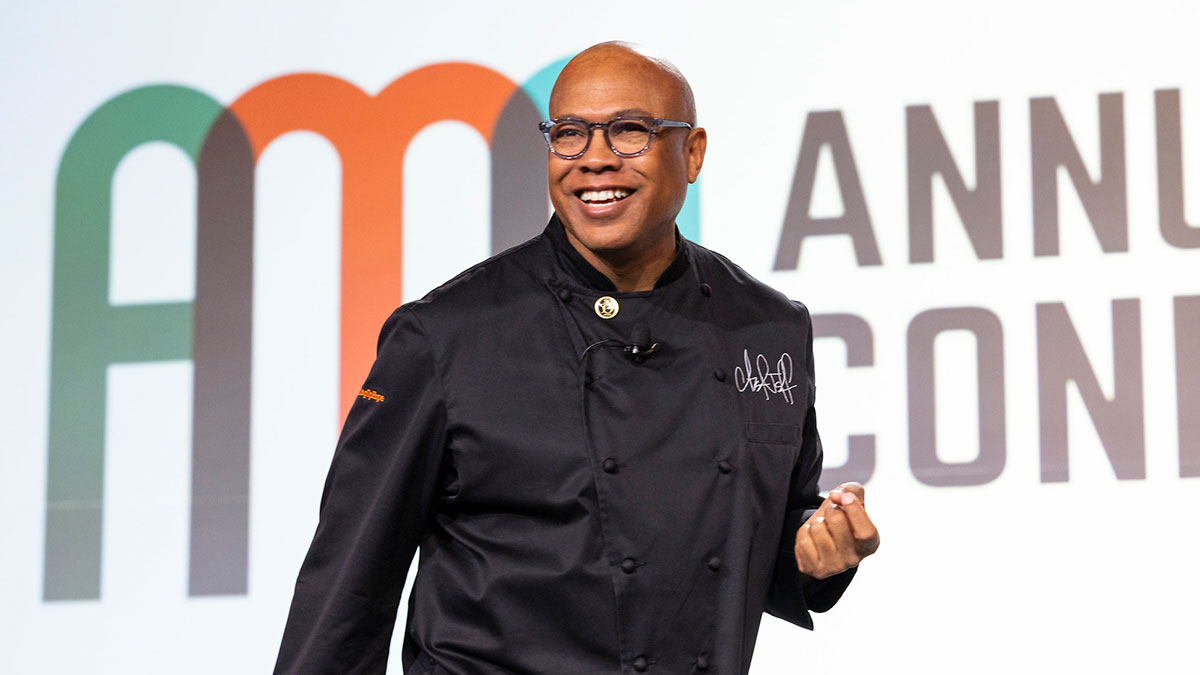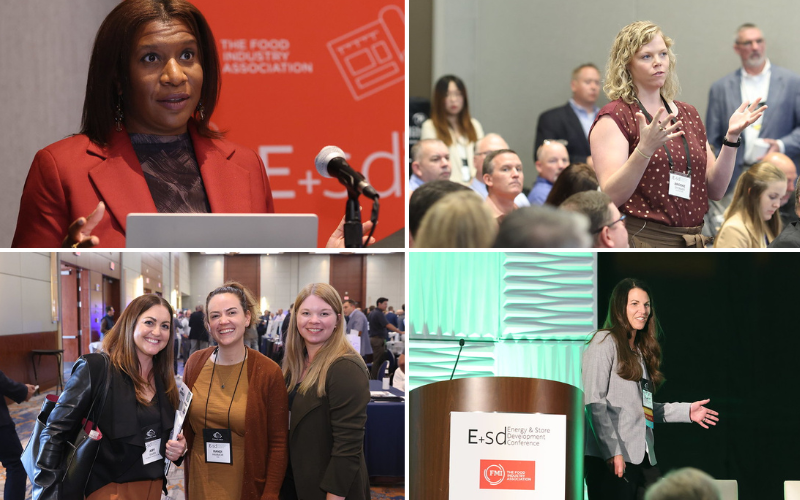By Heather Garlich, Senior Director of Media and Public Relations, Food Marketing Institute

In the next five years we’ll witness a significant shift in a new generation of workers and the questions open for interpretation include: Who will lead these new generations? And what does the new corporate culture landscape really look like?
Employees want to make connections; they want community and digital experiences that enable both their business and interpersonal relationships. They want to personally relate with their company’s mission statement and contribute to a greater purpose. While these aren’t necessarily new desires, according to a Network of Executive Women roundtable collocated at the FMI Midwinter Executive Conference, executives from some of the most iconic brands and global consulting firms revealed that these employee requirements are contributing to an emerging “war on talent.”
A partner at Accenture’s Change Management Consulting division, Gerarda Van Kirk, set up the discussion by sharing Accenture’s research on how the majority of millennials look for professional development. At a firm that’s hiring 100,000 employees each year, Van Kirk said the firm is catering to personalization across five key businesses and 20 countries where employees can blog and talk about their experiences, even creating two-way connections between current and perspective employees. She noted it was similar to a startup mentality.
This energy is transforming the notion of work/life balance into work/life integration, according to the panelists, which is further manifesting itself in more non-traditional office environments. As American Express’ Kerrie Peraino, senior vice president, global talent management, offered, for some Amex employees, the workday may vary each week.
Differences also help shape innovation, per SVP Chief Customer Officer Sabrina Wiewel of Hallmark. She described how Hallmark attributes success to tapping into the impact millennials are having in shaping today’s language and socially conscious mentality. A new generation of employees is leveraging Hallmark’s community development to influence products that reflect specific voice and tone for each community and demographic.
For a corporate giant with humble beginnings, Starbucks’ Glenn Hartman, SVP, channel business development, said Starbucks’ corporate culture is the biggest competitive advantage. He focused on three initiatives within Starbucks that offer support to “those who are struggling,” and while the company nurtures, it also offers its employees multiple experiences within the supply chain throughout their career in order to retain and challenge their workforce.
Amex’s Peraino concurred, saying, that if you can switch your mindset from climbing the corporate ladder to collecting experiences as you move through a company, you’ll better understand the way that this new generation wants to work in business. She also challenged the leaders in the room to be prepared for more frequent, regular conversations with their employees about “what’s next and when?” She said, “That’s the most personal way our companies can compete.”


 Industry Topics address your specific area of expertise with resources, reports, events and more.
Industry Topics address your specific area of expertise with resources, reports, events and more.
 Our Research covers consumer behavior and retail operation benchmarks so you can make informed business decisions.
Our Research covers consumer behavior and retail operation benchmarks so you can make informed business decisions.
 Events and Education including online and in-person help you advance your food retail career.
Events and Education including online and in-person help you advance your food retail career.
 Food Safety training, resources and guidance that help you create a company food safety culture.
Food Safety training, resources and guidance that help you create a company food safety culture.
 Government Affairs work — federal and state — on the latest food industry policy, regulatory and legislative issues.
Government Affairs work — federal and state — on the latest food industry policy, regulatory and legislative issues.
 Get Involved. From industry awards to newsletters and committees, these resources help you take advantage of your membership.
Get Involved. From industry awards to newsletters and committees, these resources help you take advantage of your membership.
 Best practices, guidance documents, infographics, signage and more for the food industry on the COVID-19 pandemic.
Best practices, guidance documents, infographics, signage and more for the food industry on the COVID-19 pandemic.
